Features
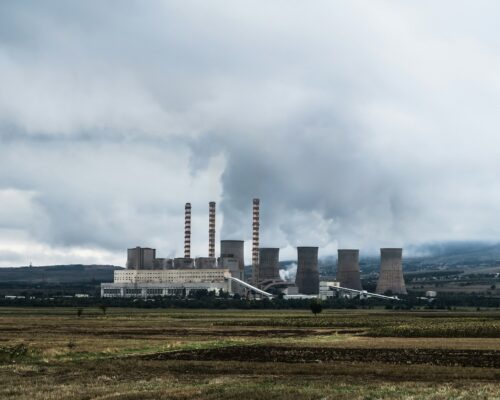
Captive Coal Threatens Indonesia’s Peak Emissions by 2030
Ember's latest research reveals that Indonesia’s captive coal expansion plans risk distancing the country from its ambitious decarbonisation goals. The analysts warn they could also lead to increased electricity costs and adverse health impacts.
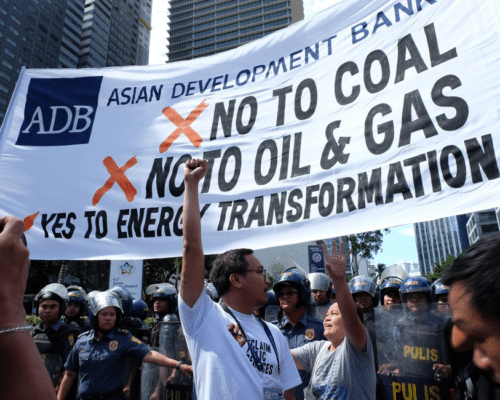
MDBs’ Love for Fossil Fuel Leaves Asian Nations Floundering
Multilateral Development Banks (MDBs) face criticism for financing fossil fuel projects that undermine climate goals. In Bangladesh, the Asian Infrastructure Investment Bank (AIIB) invested $600 million in energy without supporting renewables, enabling coal and gas expansions that displaced communities. Similarly, the Asian Development Bank (ADB) focused on fossil fuels, worsening energy poverty despite claims of improving electricity access. This profit-driven approach exacerbates environmental degradation and social inequality in vulnerable nations.
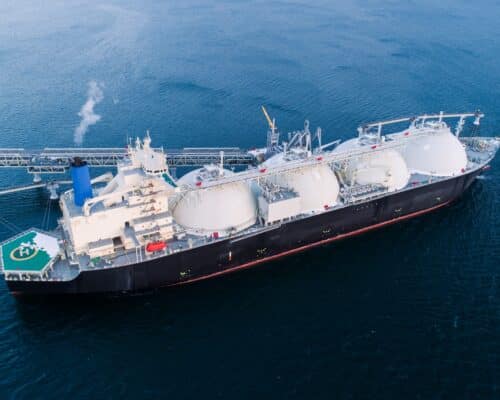
Is LNG Bad for the Environment? Panel Experts Say Yes
Portfolio players are building a wave of new LNG carriers at a record pace to keep up with LNG production. Many of these carriers are being built with unregulated capital and have no or weak environmental regulations. This will create more greenhouse gas emissions and lock in more fossil fuel usage for decades.
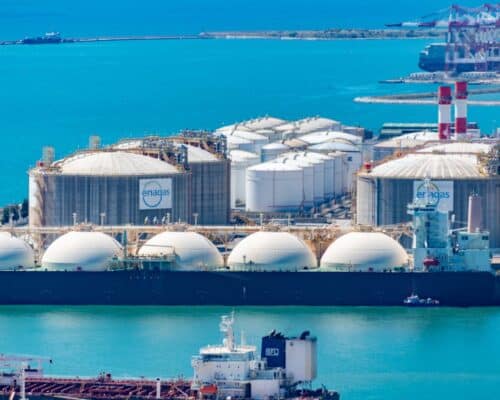
Japan To Buy ‘Record Amounts’ of LNG From US After Trump and Ishiba Meet
In times of heightened geopolitical risk and ever-dropping renewable energy costs, Japan's promise is likely to have significant consequences for its economy and energy security. However, the biggest impact might be felt by Southeast Asian countries – a prime target for Japanese stakeholders looking to resell excessive LNG.

Japan’s Updated NDC Plans Fall Short of Expectations
Japan’s delay in updating its Nationally Determined Contributions (NDCs) raises concerns about its climate ambitions. The proposed targets — 60% emissions reduction by 2035 and 73% by 2040 — fall short of the Paris Agreement’s 1.5°C goal. Japan's policy-making structural issues, including industry influence over energy policy and the primacy of energy policy over climate targets, hinder progress. Reforming Japan’s policy-making framework is essential.
Natural Gas Price Forecast 2025: Asia To Drive Global Demand
In 2025, natural gas markets will continue facing uncertainty, with market analysts warning of continuously increasing prices hitting import-reliant Asian economies. This necessitates accelerating renewables deployment to ensure more affordable, secure and clean energy for their growing economies.
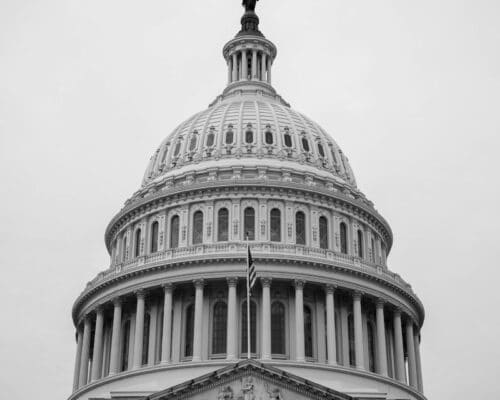
Trump Quits the Paris Agreement: The Consequences
Experts say that while Trump's decision will significantly impact global climate action, it won't derail it since the clean energy transition is already underway. The economic reasoning behind it is too strong to ignore. However, other nations must unite and increase their efforts to protect the most vulnerable.
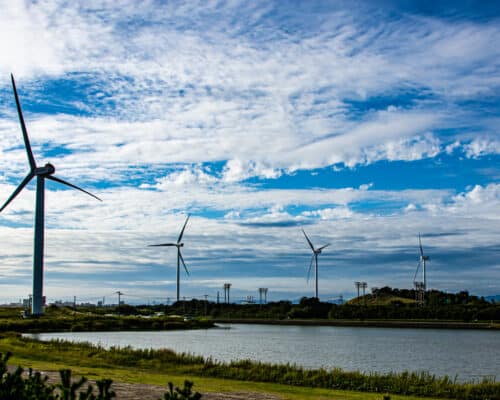
Japan’s Offshore Wind Potential
Japan needs to boost offshore wind power generation to meet decarbonisation goals, as current targets of 10 GW by 2030 and 45 GW by 2040 are deemed insufficient. With significant offshore wind potential, experts call for more ambitious goals and better policies to enhance investment and reduce reliance on fossil fuels.
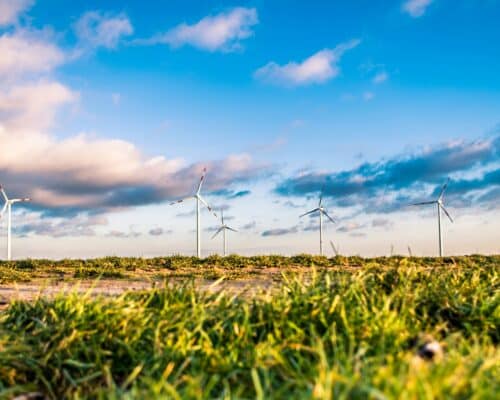
APAC Stakeholders Must Accelerate Renewable Energy Adoption
As the climate crisis escalates, accelerating the fossil fuel phaseout and scaling up renewable energy...
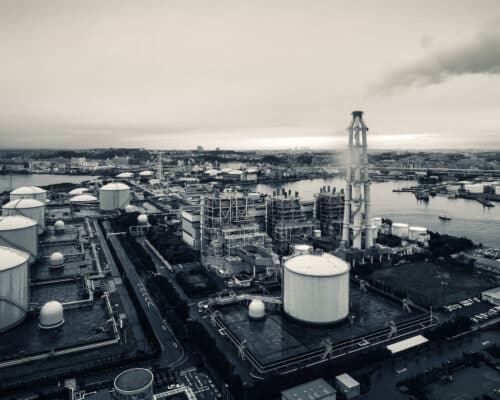
Japan-influenced Strategies Trap Asian Nations in Fossil Fuels
Japan's significant investments in fossil fuels are shaping energy policies in South and Southeast Asian nations, leading to increased reliance on non-renewable resources in the region.
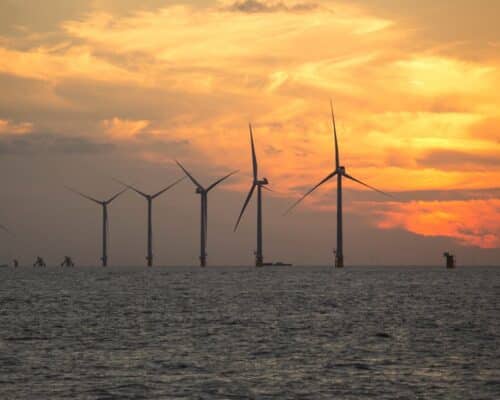
2025 Renewable Energy Trends in the Asia Pacific Region
Aside from leading the world in solar PV and onshore wind deployment, the Asia-Pacific region, led by China, will also accelerate the deployment and further increase innovations in alternative clean energy technologies such as offshore wind, floating solar and green hydrogen.
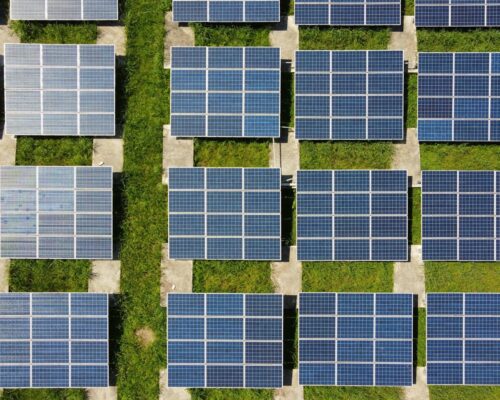
Energy Transition in Asia-Pacific: Opportunities in 2025
APAC’s booming economy, population and energy demand make the pace of its clean energy transition crucial for global efforts to slash carbon emissions in line with the Paris Agreement. The 2025 NDC updates and the ambition demonstrated by APAC countries will be among the most crucial developments this year.

New Climate Finance Goal A Boon for Indonesia, But Much Work Remains
At COP29 in Baku, countries agreed on global carbon market standards and a new climate finance goal (NCQG) of USD 300 billion annually by 2035, offering opportunities for Indonesia’s energy transition. While President Prabowo Subianto has pledged ambitious renewable energy targets and a coal phase-down, challenges such as record coal production, inefficiencies in the carbon market and unclear climate finance structures persist. To fully benefit from COP29 outcomes, Indonesia must advance energy reforms, address data gaps, and align its policies with international climate goals.

To Phase Out Coal by 2040, Indonesia Should Address Captive Coal and Scale Up Renewables
Indonesia is starting to show ambition in accelerating its energy transition, including by aiming to phase out coal by 2040 and scaling up renewables. However, analysts say that succeeding requires addressing captive coal use and increasing solar and battery storage deployment.
Most Popular
Categories
-
9
-
33
-
126
-
4
-
17
-
43
-
52
-
11
-
10
-
15
-
24
-
6
-
6
-
249
-
196
-
14
-
23
-
1
-
1
-
23
-
38
-
42
-
84
-
18
-
81
-
41
-
17
-
10
-
40
-
43
-
86
-
284
-
21
-
40
-
35
-
10
-
41
-
36

